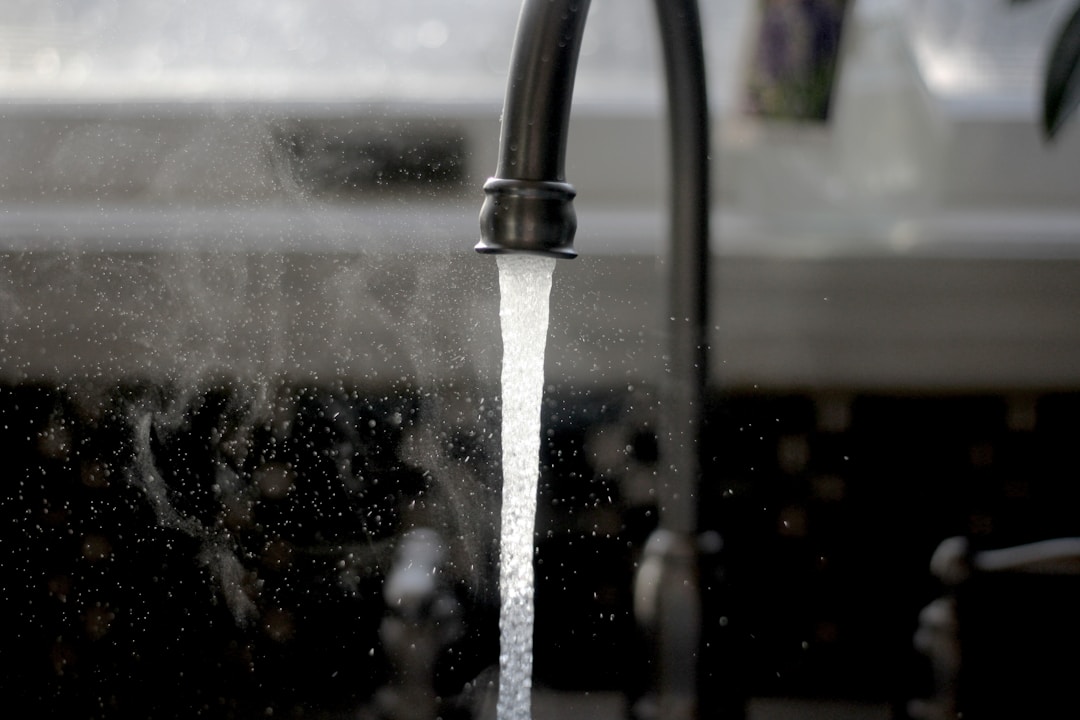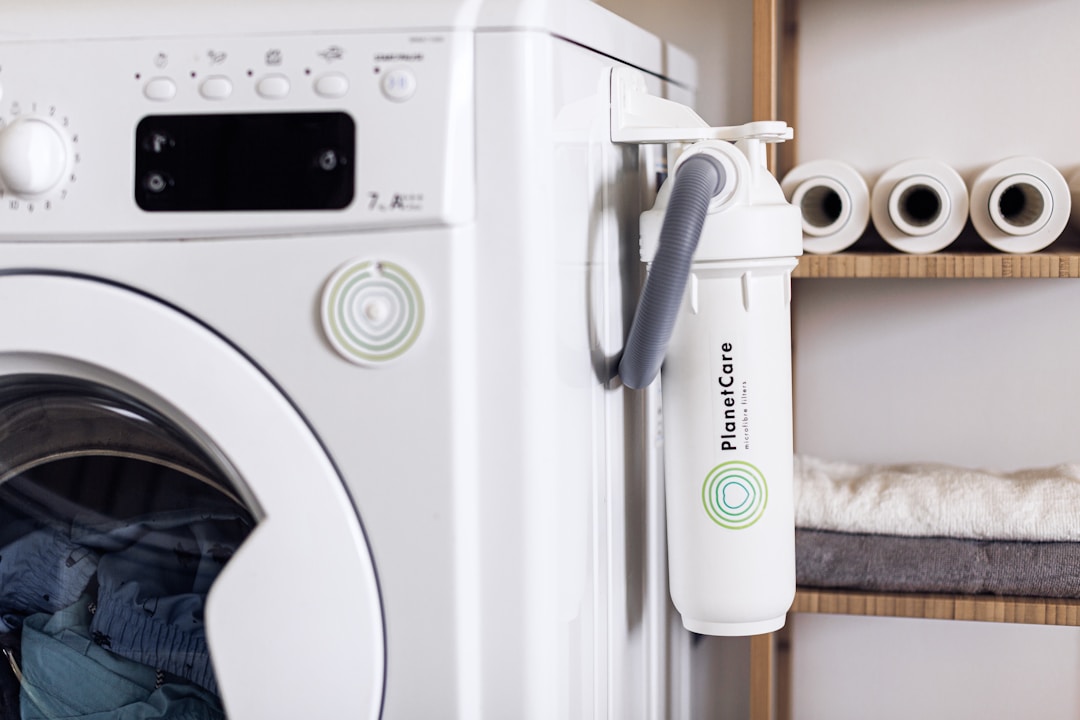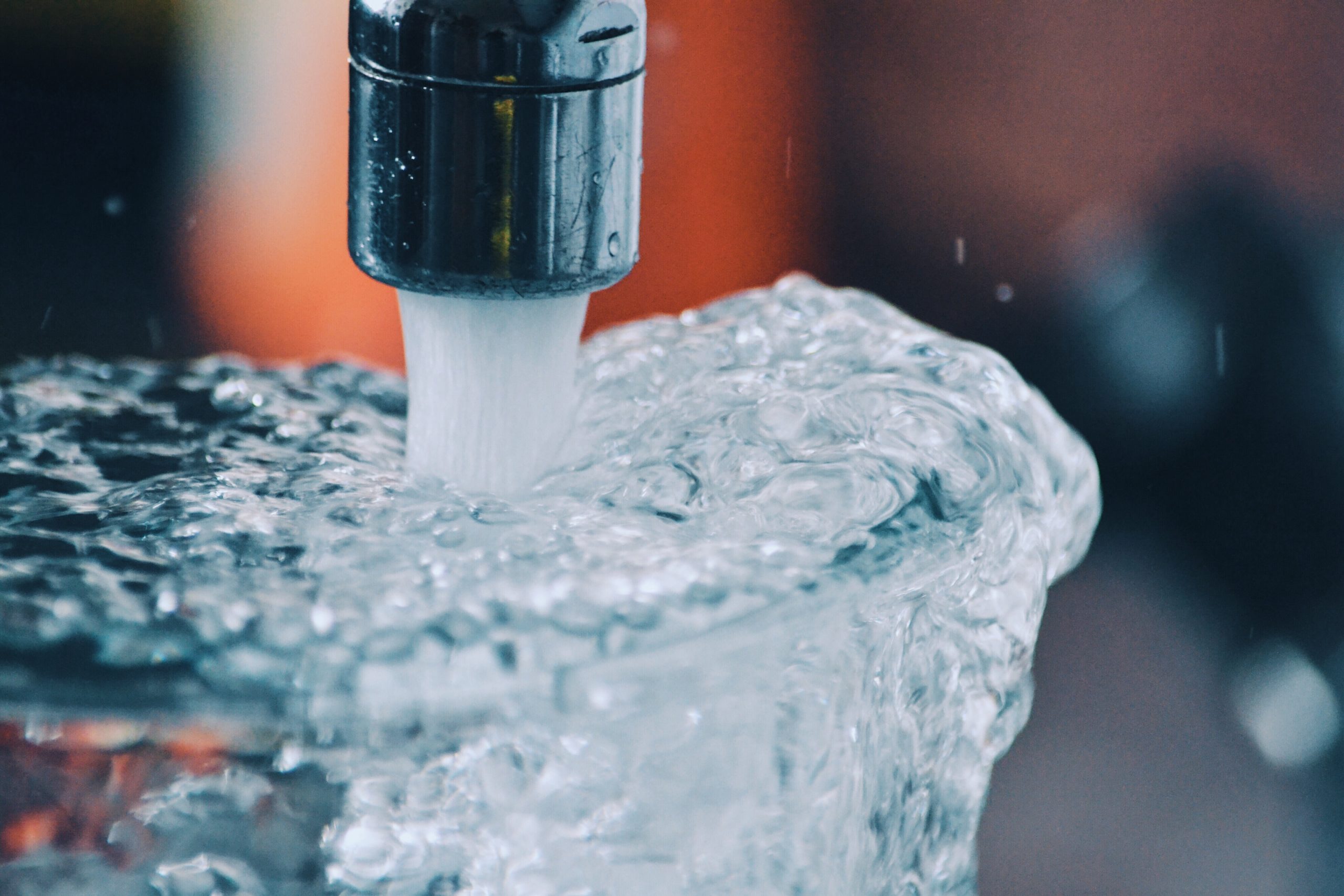Water heaters are at the heart of keeping a household going, whether it’s needing to take a hot shower or just to put the kettle on for tea. While most homes still rely on a hot water tank and standard piping, some homeowners have turned to tankless water heaters as an energy-efficient model to keep the hot water flowing while not having to rely on a significant amount of storage to accommodate larger tanks. However, these water heaters can run into problems that can put a chill in the water and your daily activities on the ice.
System Overload

You could be waiting for the hot water to heat up so you can take a shower, but it seems to be taking forever. You may be asking yourself, why isn’t my tankless water heater in Ingleside, TX, working? In some circumstances, this doesn’t mean that your tankless water heater isn’t necessarily working but rather that it’s being overworked. If there are multiple uses of water throughout the household at a set time, it could lead to issues for the hot water heater in distributing the desired temperature that everyone is seeking.
The best way to avoid this issue is to control the timing of certain household elements that rely on water. For example, if you are planning on taking a shower at night, make sure you’re not doing it while your home’s washing machine is running or you’re doing a load of dishes in the dishwasher. The less pressure on the heater, the better the water pressure and the better the temperature.
Ignition and Flame Failure

There are several reasons your tankless water heater could fail to ignite. This issue is usually caused by the gas supply. For proper water heater maintenance, it’s important to regularly check that your propane tank is full before expecting hot water to come pouring out the faucet. If your gas valve or water valves are not fully opened, this could also cause the ignition to fail. Check and open gas and water valves fully. If these steps do not resolve the ignition problem, then either your ignition pack has failed or there’s a bigger problem. This requires the help of a licensed plumber or technician, especially if replacement parts are needed.
Flame failure is generally caused by gas and electric issues. Just like ignition failure, you’ll want to rule out simple problems like a low propane tank or an unpaid gas bill (it happens; set automatic payments to avoid it). Other possible causes of flame failure include a gas line that’s too small, combustion issues, or regulator failure. At this point, you may want to look into water heater repair services to make sure your home’s plumbing system isn’t negatively impacted.
Mineral Buildup

Mineral buildup is quite common for a tankless water heater. Hard water, or water with high mineral content, has the potential for doing greater damage to the system and plumbing. Calcium and magnesium are the minerals usually at the root of scaly buildup within the pipes. This can impair the function of your heater if not taken care of with some immediacy. If you own a tankless water heater, it’s also important to check the water filter in your water heater.
Tankless water heaters require more care for long-lasting life. For example, if your water supply is coming from a well, it can cause a quicker buildup of debris, making it difficult for water to travel through the long, narrow path to the heat exchanger. If you are not regularly checking your water filter, debris can become trapped. The quickest fix for mineral buildup is to flush your water heater every six months. This will make sure that the hot water stays flowing throughout your home all year long.

